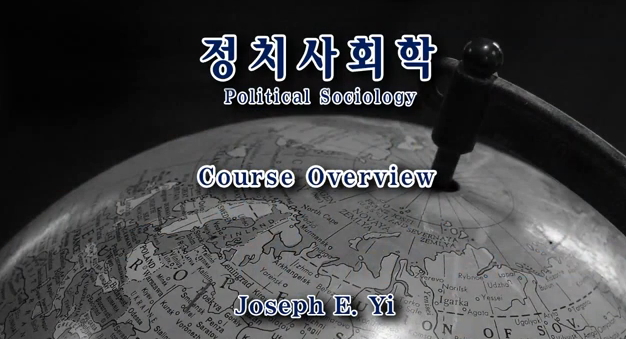Critics both within and outside of sociology have claimed that the discipline is mired in a long-running “crisis” marked by theoretical sterility and diminished public credibility. Some have suggested that one way for sociology to revital...
http://chineseinput.net/에서 pinyin(병음)방식으로 중국어를 변환할 수 있습니다.
변환된 중국어를 복사하여 사용하시면 됩니다.
- 中文 을 입력하시려면 zhongwen을 입력하시고 space를누르시면됩니다.
- 北京 을 입력하시려면 beijing을 입력하시고 space를 누르시면 됩니다.
What should sociology do about Darwin? Evaluating some potential contributions of sociobiology and evolutionary psychology to sociology.
한글로보기https://www.riss.kr/link?id=T10551341
- 저자
-
발행사항
[S.l.]: Indiana University 2000
-
학위수여대학
Indiana University
-
수여연도
2000
-
작성언어
영어
- 주제어
-
학위
Ph.D.
-
페이지수
533 p.
-
지도교수/심사위원
Adviser: Brian Powell.
-
0
상세조회 -
0
다운로드
부가정보
다국어 초록 (Multilingual Abstract)
Critics both within and outside of sociology have claimed that the discipline is mired in a long-running “crisis” marked by theoretical sterility and diminished public credibility. Some have suggested that one way for sociology to revitalize itself is to adopt a foundation more explicitly and closely based on the insights of evolutionary biology. Taking up these calls to give Darwinian approaches a fresh look, this dissertation examines recent work in these programs and evaluates their potential contributions to sociology. The heart of the dissertation is a series of five “case studies” that examine specific theories that have been offered by evolutionary scholars. The topics of these case studies are: (1) Cosmides and Tooby's work on social exchange; (2) Thornhill and Palmer's work on rape; (3) Sulloway's work on birth order; (4) Fisher's work on divorce; and (5) the Trivers-Willard hypothesis for parental investment. Included also are extended discussions of evolutionary psychological theories regarding cognitive limitations on group size, female waist-to-hip ratio, parent-offspring conflict, and family structure effects on socioeconomic attainment. In each of the five case studies, both the evidence that has been provided in support of the theory and the strength of its evolutionary reasoning are examined. In several instances, original research projects also examine particular hypotheses. In the concluding chapter, lessons are drawn from these case studies in a discussion of how sociologists can better engage and potentially use Darwinian approaches in their own work.











